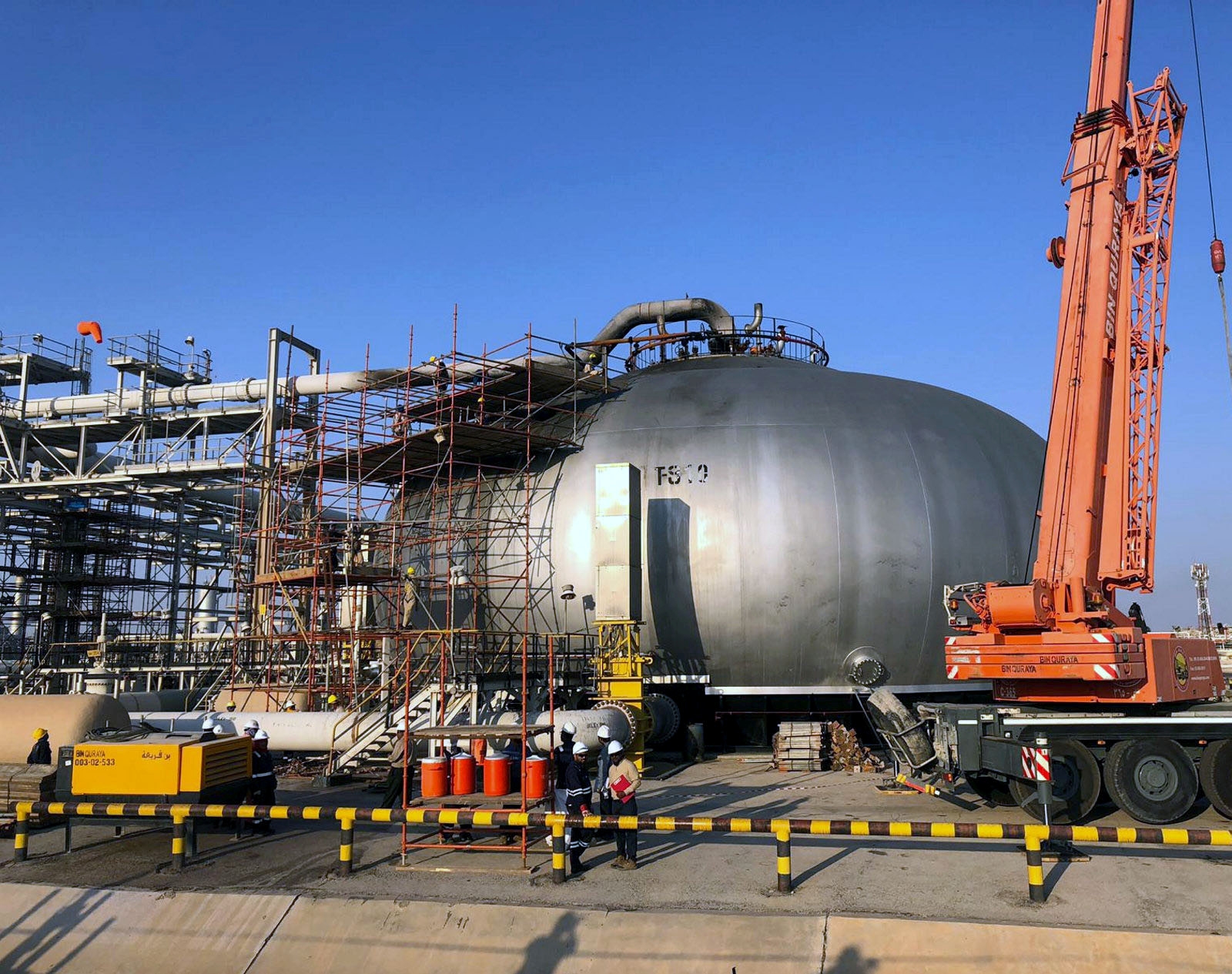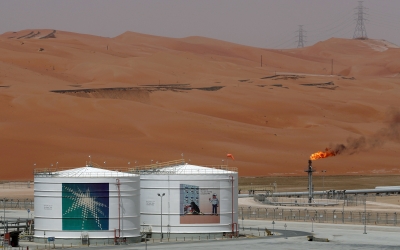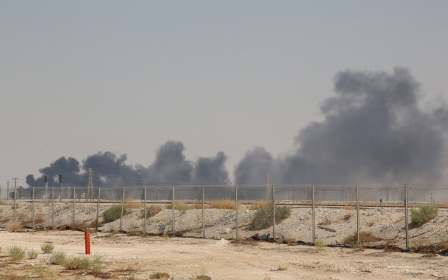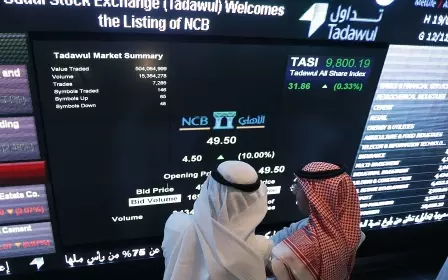Saudi Arabia loses $2bn of output after oil attacks

Saudi Arabia has lost about $2bn in crude production in the aftermath of the attacks on its oil plants last month, according to a report by the Financial Times.
The country suffered a major setback from the attacks, which Saudi Arabia and the US blamed on Iran, and Riyadh's state oil company, Saudi Aramco, sustained a production cut equivalent to 5 percent of the world's oil supply.
The attacks had further enflamed US-Iran tensions, with Secretary of State Mike Pompeo calling the attacks an "act of war".
Tehran denied responsibility for the attacks, and Iranian Foreign Minister Mohammad Javad Zarif warned that if it was attacked, it would lead to an "all out war".
Loss of 1.3 million barrels per day
Saudi Arabia is the world's largest oil exporter, and has been working on an initial public offering (IPO) for Aramco, which would open the company to public investment for the first time in its history.
Saudi Crown Prince Mohammad bin Salman said ahead of the IPO that the oil giant may be worth upwards of $2 trillion, however, experts now doubt its value will reach that number.
While the kingdom has worked to restore its oil production to the levels enjoyed prior to the attacks, analysts have questioned whether the country can manage that, as well as how it might be able to prevent such attacks in the future.
The kingdom said that its oil output had fallen by about 660,000 barrels per day (bpd); the newspaper reported the loss may to be closer to 1.3 million bpd.
The Financial Times earlier reported that Riyadh was "strong arming" wealthy Saudi families to buy into the IPO.
Aramco is in the final stages of preparing the IPO and could do so as early as Friday, according to the Wall Street Journal.
Middle East Eye propose une couverture et une analyse indépendantes et incomparables du Moyen-Orient, de l’Afrique du Nord et d’autres régions du monde. Pour en savoir plus sur la reprise de ce contenu et les frais qui s’appliquent, veuillez remplir ce formulaire [en anglais]. Pour en savoir plus sur MEE, cliquez ici [en anglais].





